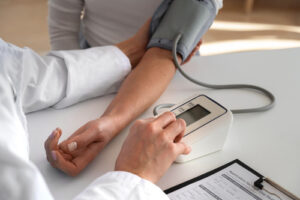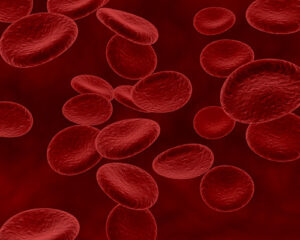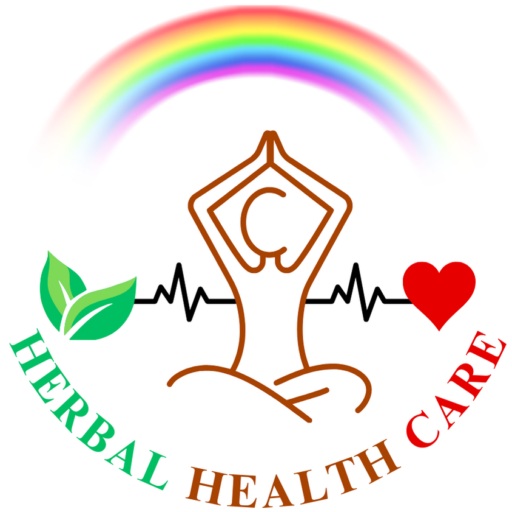A crucial measure of heart wellness, blood pressure (BP) represents the force your blood flows through against the walls of your arteries. Maintaining general health and avoiding major health issues require an understanding of your blood pressure. We’ll go into the meaning of blood pressure, how to control blood pressure? how it’s calculated, what the numbers indicate, and advice on keeping appropriate cholesterol levels in this blog post.
What is Blood Pressure?
Blood pressure is the pressure of blood pushing against the walls of your arteries. It’s measured in millimeters of mercury (mm Hg) and consists of two numbers: systolic pressure and diastolic pressure. Systolic pressure measures the pressure in your arteries when your heart beats, while diastolic pressure measures the pressure when your heart rests between beats.
Understanding Blood Pressure Readings:
A typical blood pressure reading is expressed as systolic over diastolic pressure, such as 120/80 mm Hg. Here’s what these numbers mean:
Systolic Pressure: The highest number represents the most pressure the heart muscle can generate while contracting, which is applied to the arteries. Systolic pressure is often less than 120 mm Hg.
Diastolic Pressure: The pressure that builds in the arteries during a heartbeat’s rest is shown by the lower value. Diastolic pressure should be less than 80 mm Hg.

Understanding the Numbers:
Blood pressure which is below 120/80 milli meters of mercury is regarded as normal.
Elevated Blood Pressure: Elevated blood pressure can be defined as a systolic reading of 120–129 and a diastolic reading of less than 80.
Stage 1 Hypertension: A blood pressure test falling within 80 and 89 diastolic or 130 and 139 systolic indicates stage 1 hypertension.
Stage 2 Hypertension is defined as readings of 140 mm Hg and 90 mm Hg or greater.
WHY BLOOD PRESSURE INCREASES ?
Stress and Anxiety: The human body produces hormones like dopamine in response to stressful events or times of anxiety, which can temporarily elevate blood pressure. The “fight or flight” reaction leads blood vessels to constrict and the heart to beat faster, thereby raises blood pressure.
Poor Diet: Following a diet rich in cholesterol, saturated fats, and sodium can raise blood pressure, or hypertension. Consuming too much salt can make the body retain water, that raises blood pressure and volume. Similar to that, diets high in bad fats can cause arterial plaque to build up, which may narrow blood vessels and raise blood pressure.
Lack of Bodily Activity: Being lazy increases the risk of weight gain and impaired heart health, which in turn raises blood pressure. Regular exercise keeps the heart larger.
Alcohol and smoking: Smoking cigarettes includes chemicals that can cause blood vessel damage and promote the artery-hardening procedure known as atherosclerosis, which increases blood pressure. Indulgence in alcohol may contribute to short-term hypertension and long-term hypertension.
WHY BLOOD PRESSURE DECREASES ?
Rest and Relaxation: Blood pressure often falls when the human body is in a calm condition, such as throughout sleep or during periods of rest. The heart pulse slows and the blood vessels expand during these periods, allowing easier blood flow and relieving the strain on arterial walls.
Medication: certain medications are made specifically to lower blood pressure, such as antihypertensives. In order to lower blood pressure, these medications either relax blood arteries, reduce blood volume, or alter the balance of hormones.
Weight Loss: Reducing extra weight through food and exercise, especially for those who are obese or overweight, may lower blood pressure. Reducing extra pounds improves cardiovascular health overall and lessens the strain on the heart, it lowers blood pressure measurement.
Diet Changes: Switching to a healthy diet reduced in refined sugars, saturated fats, and sodium will help naturally lower blood pressure. Eating a lot of fruits, vegetables, nutritious grains, and lean meats can help decrease blood pressure and promote heart health.
Stress management: By encouraging relaxation and decreasing the body’s reaction to stress hormones, activities like yoga, deep breathing, and meditation can help lower your blood pressure.

HOW TO CONTROL BLOOD PRESSURE:
Adopt a Healthy Lifestyle: Consume a diet high in vegetables, fruits, whole grains, lean proteins, and balance. Limit your intake of salt, keep free of processed food, and use alcohol occasionally.
Keeping Yourself Active: Take part in regular workouts like cycling, strolling, jogging, or swimming. Try to get in at least 150 hours a week of moderate-to-intense action.
Maintain a Good Weight: Take an effort to incorporate food and exercise to achieve and stay at a healthy weight. Even small weight loss can have a significant effect on reducing blood pressure.
Manage Your Stress: To assist reduce stress while promoting relaxation, try stress-relieving exercises like yoga, tai chi, deep breathing, or meditation.
Regularly Test Your Blood Pressure: Use a trustworthy blood pressure monitor at home to keep track of your pulse readings. You and your doctor can spot any changes and change treatment when necessary with the assistance from regular evaluations.
Explore our selection of herbal remedies, skincare essentials, and wellness products, all designed to help you live your best life naturally. Join us “herbalhealthcares” embracing the healing benefits of Ayurveda and experience the difference that 100% natural products can make in your health journey.


